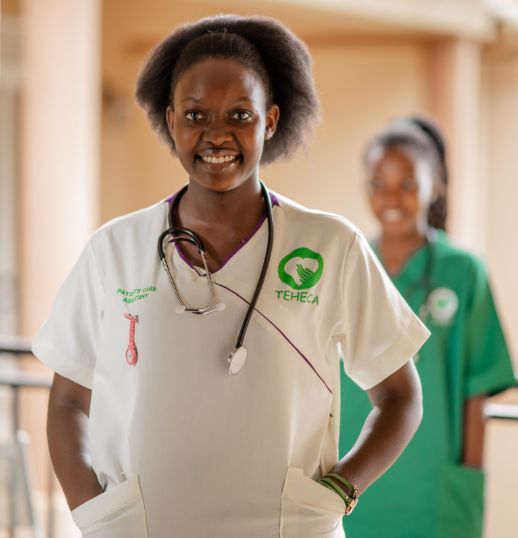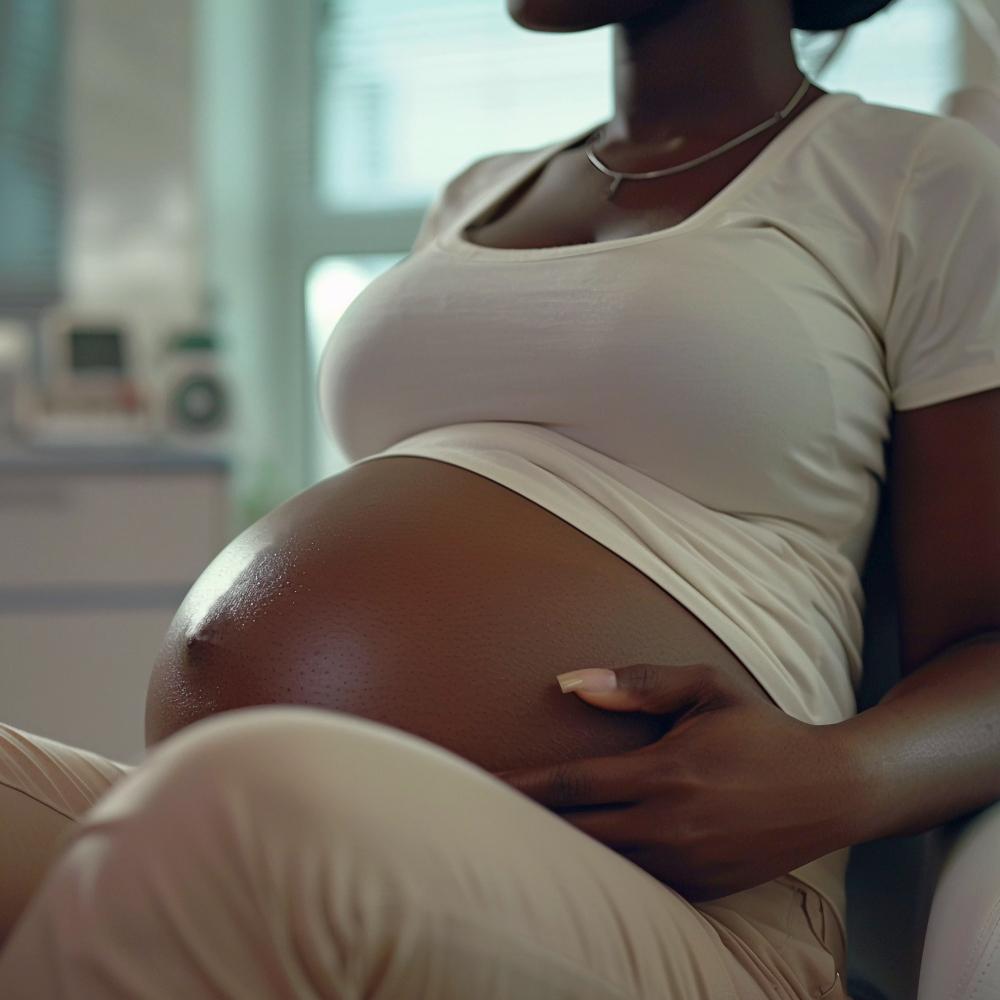The days following the birth of your baby, the postpartum period, can be one of the most challenging times for mothers and families. This period can be even more challenging for mothers who have had a c-section delivery.
After any delivery, a mother needs to allow her body to rest and heal. Ideally, this means little to no housework, and no running after other little ones.
The maternal mortality rate is highest in the postpartum period, so special consideration needs to be given to the care of the mother. If you are a single mother or your partner has to return to work shortly after the birth of the child, try to organize a support team prior to the birth of your child to help during this time.
The support team can include family, church members, new mother support groups, or a postpartum doula.
Take time to understand the limitations of a new mother and the kind of care that might be necessary. Keep in mind that it is normal for a new mother to feel overwhelmed emotionally and physically drained. Open communication with your health care provider and your support team is very important.
Let someone know if you are feeling discouraged or weighed down. Don’t be afraid to ASK FOR HELP!!
Physical Care After A Cesarean:
Before leaving the hospital:
- You will be encouraged to get up and try to go the bathroom within the first 24 hours after surgery. This will help start the healing process and get you used to moving around with your incision. Remember to move slowly because you might experience dizziness or shortness of breath.
- Urinating after the catheter is removed can sometimes be painful. Ask your nurse or attendant to suggest ways to make it easier.
- If staples were used for your incision they will most likely be removed before you leave the hospital.
- Talk with your health care provider about dealing with pain after the surgery. If medication is something you think you might want, get a prescription and information about the side affects for both yourself–and the baby, if you are breastfeeding. If you prefer to avoid medications, talk with your health care provider about alternatives that are safe for you and your baby.
- Your uterus will begin the “involution” process which is is the shrinking of the uterus to its pre-pregnancy size. You will begin to experience heavy bleeding of bright red blood—This is called lochia and can continue for up to 6 weeks. You will need to have extra-absorbent menstrual pads which the hospital should provide after delivery. Do not use tampons during this time.
- Gentle strolls around the hospital or rocking in a chair can help speed the recovery and help with gas that can develop after abdominal surgery.
Related: Why New Mothers and New Born Babies Need a Care Assistants
After Going Home:
- Your activity level should be kept low until your health care provider suggests an increase of activity. Initially, you should avoid lifting anything heavier than your baby, and avoid most housework.
- Your lochia bleeding will change over time and can increase with activity and position changes. Use your bleeding as a way of making sure that you are not involved in too much activity. Lochia will change over time to pale pink or a dark red color, and then eventually to a yellowish or light color.
- Make certain that you are getting plenty of fluids to keep you hydrated, and eat healthy meals to restore your energy and prevent constipation.
- Have changing stations and feeding supplies close to you so that you do not have to get up too often.
- Be alert to any fever or pain, which can both be signs of infection.
Things to Avoid:
- Sexual intercourse until your health care provider tells you that it is safe
- The use of tampons or douche
- Taking baths until your incision is healed and you are no longer bleeding
- Public pools and hot tubs
- Lifting anything heavier than your baby
- Repeatedly using stairs
- Exercise, at least until your health care provider gives you the go-ahead
Source: here





Leave a Reply